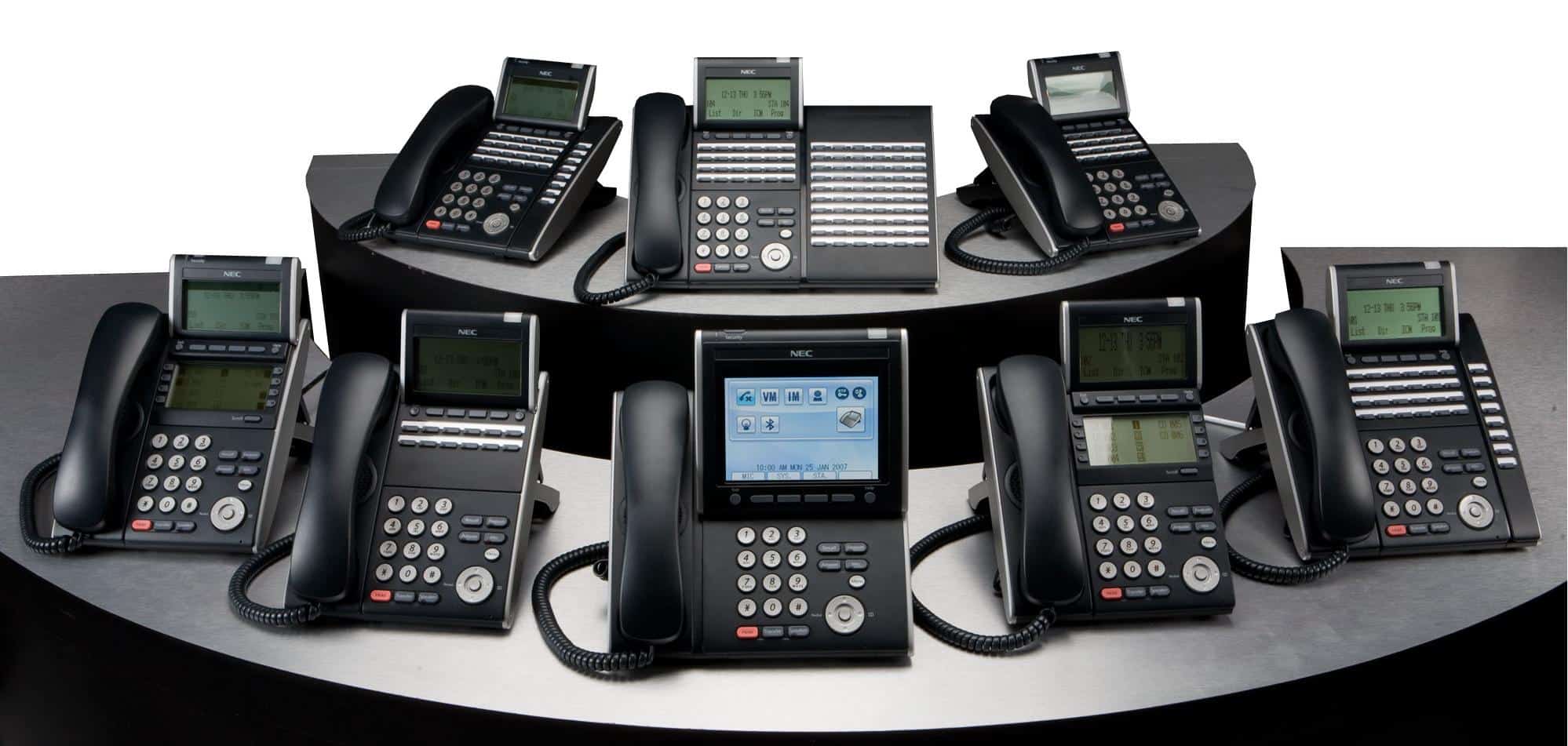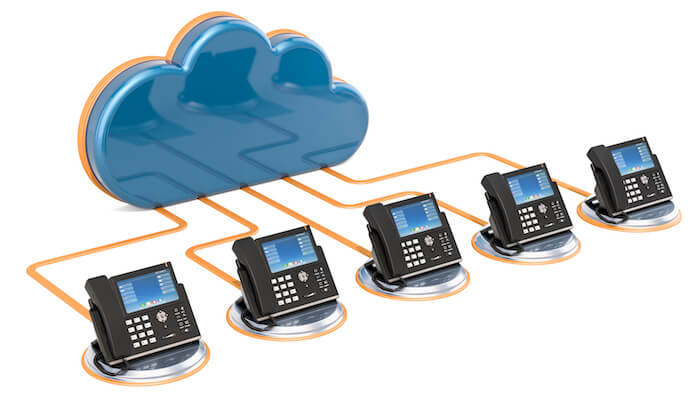The Evolution of Phone Solutions: From Landlines to VoIP
The world of phone systems has undergone an amazing transformation over the years. In this short article, we will discover the journey of phone systems, beginning from the very early telephone modern technology to the intro of digital phone systems, and lastly, the arrival of VoIP. As we delve into the future of phone systems, it ends up being noticeable that VoIP is below to remain, forming the way we interact and attach in the electronic age.
Early Telephone Modern Technology
Early telephone modern technology's growth played a vital duty in revolutionizing interaction techniques. At the forefront of this technological improvement was Alexander Graham Bell, who is credited with designing the telephone in 1876. Bell's development marked a substantial milestone in the history of interaction, as it enabled real-time, long-distance discussions to occur.
The very early telephone systems relied upon landlines, which were physical connections between two telephones with a network of wires. These landlines made it possible for voice signals to be sent over fars away, bringing people better together and helping with instant interaction. While the preliminary telephone systems were restricted in scope and availability, they laid the foundation for the development of advanced communication innovations in the future.
Among the crucial improvements in early telephone technology was the intro of the switchboard system. The switchboard permitted numerous telephones to be connected to a central exchange, allowing customers to make contact us to different places. This technology substantially increased the reach and ease of access of telephone communication, as it removed the need for a straight physical connection between two telephones.
Transition to Digital Phone Equipments
The advancement of telephone innovation led to the transition from landlines to electronic phone systems, marking a significant shift in the means communication was performed. Digital phone systems, also known as Voice over Net Procedure (VoIP) systems, utilize internet links to transfer voice signals as opposed to typical copper wires. This transition to electronic phone systems has actually brought about countless benefits for businesses and individuals alike.
VoIP systems remove the requirement for several phone lines, as all telephone calls are transferred over the net. Furthermore, global phone calls can be made at considerably lower rates contrasted to standard phone systems.
One more advantage of electronic phone systems is boosted performance. Electronic phone systems can quickly integrate with other service communication devices such as email and immediate messaging, supplying a linked and streamlined communication experience.
Introduction of Voip Innovation
With the introduction of VoIP technology, the landscape of phone systems began to change towards a much more effective and cost-effective interaction remedy. VoIP, or Voice over Net Protocol, enables customers to make phone telephone calls over the net rather than conventional landlines. This modern technology transforms voice signals into electronic packages and sends them over data networks, removing the requirement for committed phone lines.

One more advantage of VoIP is its adaptability and scalability. With traditional phone systems, including or getting rid of phone lines can be a troublesome and costly process. However, with VoIP, users can quickly include or eliminate lines as required, making it a more scalable remedy for businesses of all sizes.
Furthermore, VoIP technology supplies a large range of features that improve interaction performance. These features consist of voicemail to email transcription, telephone call forwarding, seminar calling, and auto-attendant systems. These features not just enhance efficiency but also make interaction more obtainable and practical.
Advantages of Making Use Of Voip
Just how does VoIP innovation offer substantial advantages over standard phone systems? VoIP, or Voice over Web Method, has revolutionized the means we communicate by providing various advantages that standard phone systems merely can not match.
To start with, one of the main advantages of making use investigate this site of VoIP is cost financial savings. Unlike standard phone systems that rely upon physical phone lines, VoIP utilizes a net connection to send voice information. This removes the demand for expensive long-distance fees and makes it possible for totally free or low-cost worldwide telephone calls. Furthermore, VoIP systems commonly supply affordable prices strategies that include unlimited domestic calls, more lowering interaction expenditures.
Second of all, VoIP modern technology supplies enhanced flexibility and scalability. Typical phone systems are restricted by the variety of physical phone lines, making it tough and costly to include or get rid of lines as required. In comparison, VoIP allows for simple scalability, enabling businesses to add lines or extensions without the requirement for extra hardware.
Another advantage of VoIP is its rich attributes and integrations. VoIP systems frequently feature a variety of innovative functions such as voicemail, telephone call forwarding, phone call recording, and automated attendants. These features enhance productivity and customer care. VoIP can seamlessly integrate with other communication devices like email, immediate messaging, and video clip conferencing, giving a merged communication experience.
Finally, VoIP deals raised flexibility and accessibility. With VoIP, users can make and obtain calls from anywhere with a net link, permitting remote job and service connection. This degree of accessibility is particularly advantageous for companies with remote workers or multiple workplace places.
Future of Phone Solutions
As modern technology remains to development, the future of phone systems holds the guarantee of even greater innovation and smooth interaction. With the fast development of synthetic intelligence (AI), digital reality (VR), and the Web of Points (IoT), the possibilities for phone systems are increasing beyond conventional voice telephone calls.
One trick facet of the future of phone systems is the click to read more integration of AI. In the future, these assistants will likely play a bigger role in managing our phone telephone calls, scheduling meetings, and even performing discussions on our part.
Another area of advancement is the combination of phone systems with other communication networks. With the surge of messaging applications and social media platforms, individuals are progressively moving towards text-based communication. In the future, phone systems will effortlessly incorporate voice, video clip, and text-based communication channels, permitting customers to switch over between them easily.

Conclusion
In conclusion, the evolution of phone systems from landlines to VoIP modern technology has revolutionized interaction. Very early telephone innovation laid the structure for electronic phone systems, which led the way for the introduction of VoIP.
In this write-up, we will certainly discover the journey of phone systems, starting from the early telephone modern technology to the intro of digital phone systems, and lastly, the advent of VoIP. Digital phone systems, additionally understood as Voice over Net Protocol (VoIP) systems, make use of internet links to transmit voice signals instead of traditional copper cords. With conventional phone systems, eliminating or adding phone lines can be a expensive and cumbersome process. Unlike standard phone systems that depend on physical phone lines, VoIP makes use of a web link to transmit voice information. Typical phone systems are restricted Click Here by the number of physical phone lines, making it costly and difficult to add or remove lines as required.